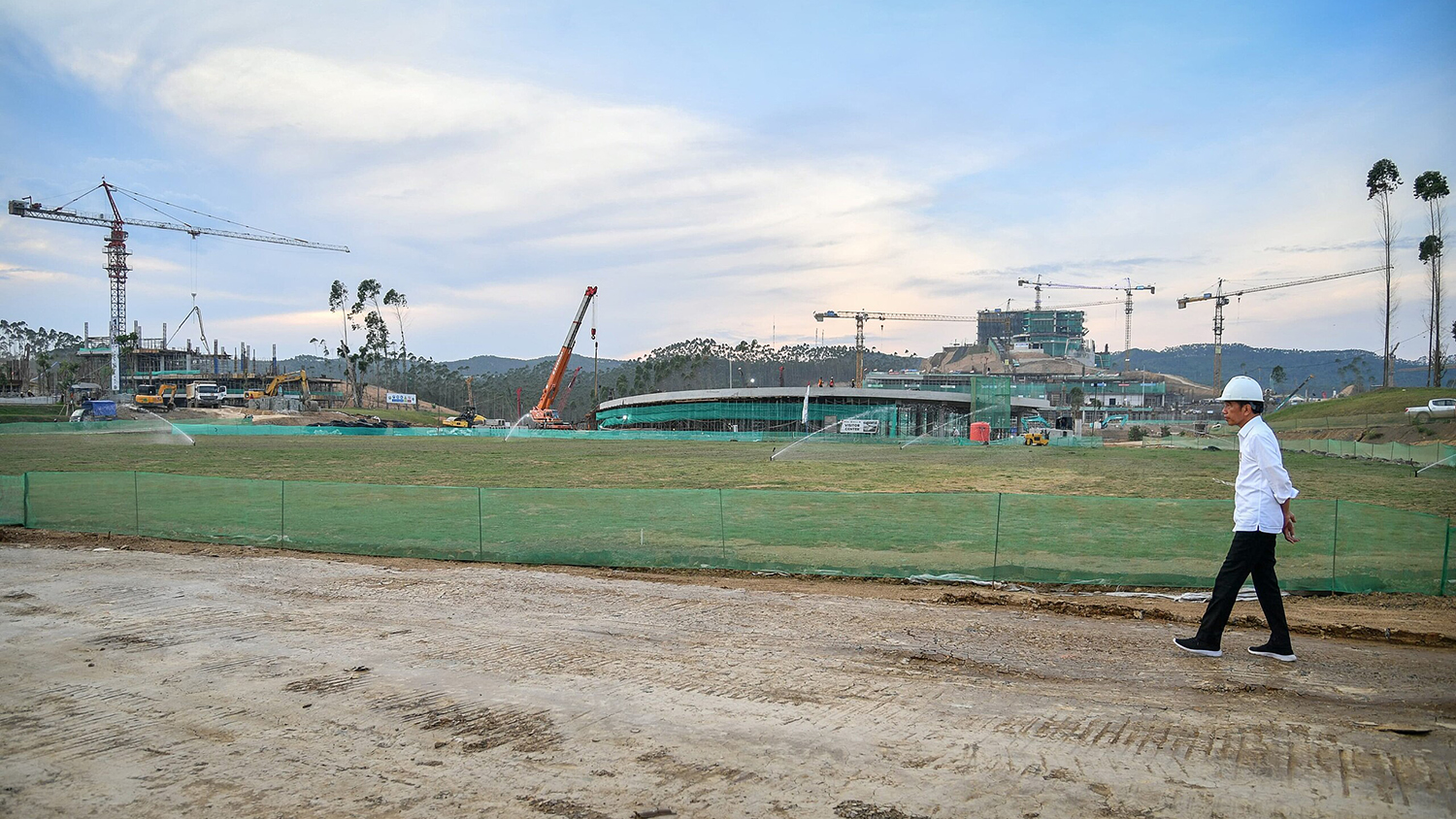
The head of the government authority responsible for building Indonesia’s new capital city on the island of Borneo has resigned along with his deputy two months before a scheduled relocation, Nikkei Asia reports.
Their sudden departures raise fresh doubts about the $28.6bn scheme championed by outgoing president Joko Widodo, known locally as Jokowi.
Bambang Susantono, who was chairman of the Nusantara Capital Authority, and his deputy Dhony Rahajoe, stepped down for personal reasons, Jokowi said earlier this month.
However, a government source told Nikkei that Bambang and Jokowi had clashed over the president’s “preference for rushing, accelerating the work”.
The source added that Bambang had hesitated to force local and indigenous people from some 2,000 hectares of forest land included in the plans.
Jokowi launched the plan to relocate the capital from Jakarta to East Kalimantan on Borneo in 2019, a move he said was needed because Jakarta was sinking and too congested.
His plan had been to move some government functions to the partially built administrative zone in August, and to hold the country’s Independence Day celebration there on 17 August before his term ends in October.
On 11 June, he announced that the ceremony would now take place in both Nusantara and Jakarta, without giving a reason, reported Nikkei.
He has since replaced Bambang as capital authority chairman with his public works and housing minister, Basuki Hadimuljono, who is acting chairman.
Deputy minister of agrarian affairs and spatial planning, Raja Juli Antoni, is now the acting chair’s deputy.
The unnamed government source told Nikkei that Bambang was thought to have been “unable to keep up with Jokowi’s preference for rushing, accelerating the work.”
On land acquisition, the source said: “The government had a mechanism which is similar to forced clearing, but Bambang was hesitant to take this measure.”
Another outstanding issue is financing the new city.
Some 80% of the expected $28.6bn cost was to have come from private investment, but that has not yet materialised.
- Sign up to our free email newsletter to get construction stories from around the world sent to your inbox three times a week.










